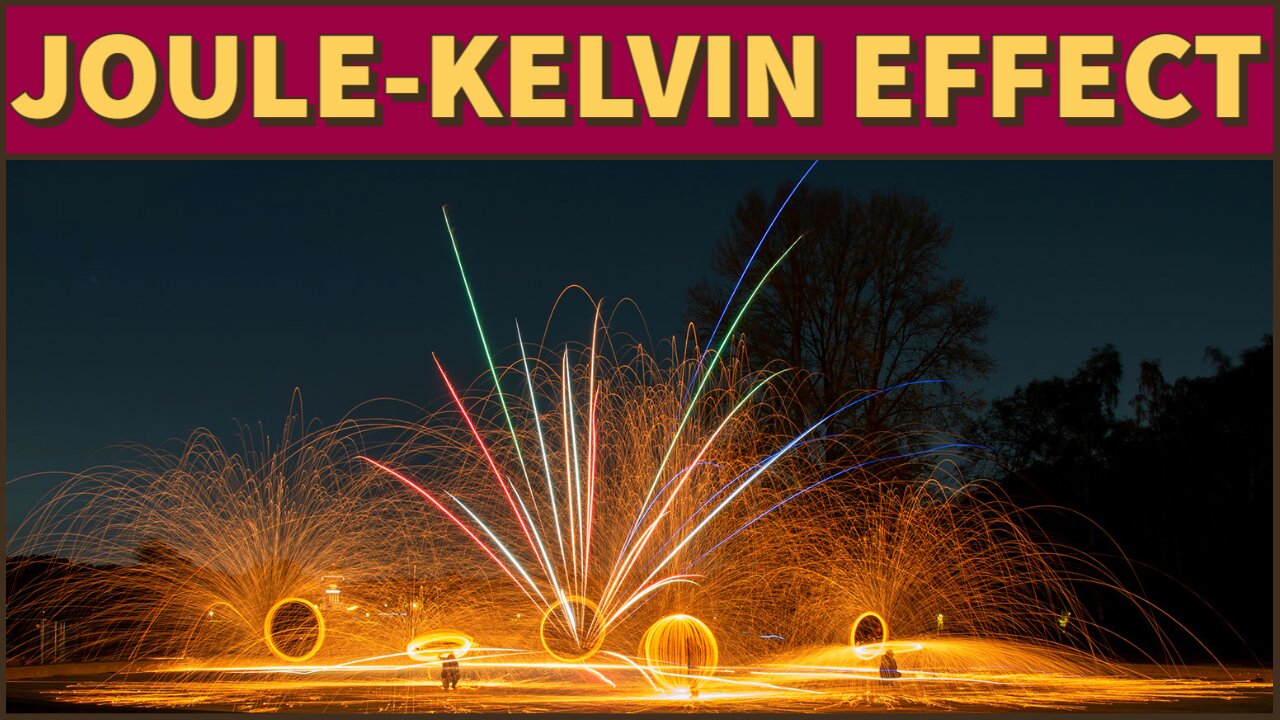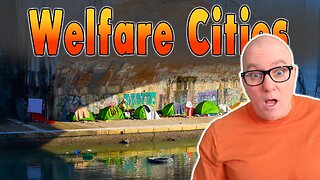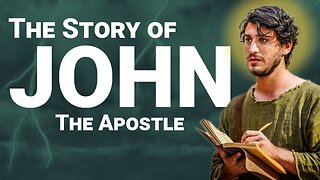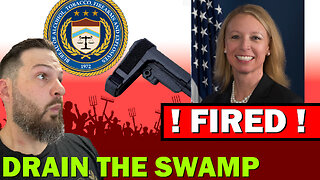Premium Only Content

What is Joule-Kelvin Effect
In the mid-19th century James Prescott Joule and William Thomson (Lord Kelvin) conducted experiments in which they allowed gases contained in a cylinder to expand through a porous plug into a second, empty cylinder.
This set-up insulated the gas against transfer of heat or other energy from outside the cylinders.
Their finding: Generally speaking, gases cool as the expand.
Put another way, pressure affects temperature.
Such vital modern technologies as refrigeration and air conditioning are based on this insight, manipulating gas pressure to affect temperature.
As gas molecules become more spread out, the fast-moving particles slow down, and their kinetic energy decreases.
Temperature, a measure of of kinetic energy, also decreases.
But energy cannot be destroyed, only transformed.
So where does it go?
It takes the form of potential energy—the pull among spread-apart gas molecules.
-
 1:20:09
1:20:09
Game On!
17 hours ago $0.66 earnedNico Harrison didn't know Luka was IMPORTANT to Maverick FANS!
20.9K -
 14:23
14:23
World2Briggs
17 hours ago $3.74 earnedTop 10 Places Where Welfare Checks Are the Local Economy
51.9K17 -
 13:50
13:50
Clownfish TV
19 hours agoRey Movie BUMPED for Ryan Gosling's Star Wars Movie?!
31.9K12 -
 1:01:42
1:01:42
Kyle Fortch
12 hours ago $2.00 earned'Radio' Rodney Smith: Hosting Red Carpets, Favourite Artist Interviews, & MORE | THE ONE SHEET S1E13
33.5K2 -
 1:13:08
1:13:08
MTNTOUGH Fitness Lab
22 hours agoJim Burgen: The Hard Truth About Leading Men | MTNPOD#113
33.8K4 -
 37:59
37:59
BibleUnbound
20 hours agoThe Complete Story of John: The Apostle | How to Love Like Christ
20.3K12 -
 56:22
56:22
Vedic compatability astrology
15 hours ago"From Death to Divine: My Awakening, Healing & Soul Path Revealed"
26.2K2 -
 8:54
8:54
VSOGunChannel
15 hours ago $3.24 earnedBREAKING: Anti Gun Activist Megan Bennett Removed from ATF
57K18 -
 12:38
12:38
China Uncensored
17 hours agoTaiwan is DONE With China
51.8K58 -
 22:03
22:03
SantaSurfing
14 hours ago4/21/2025 - Pope is gone! How the world is changing for the good! Trump bring religion back!
51.5K43